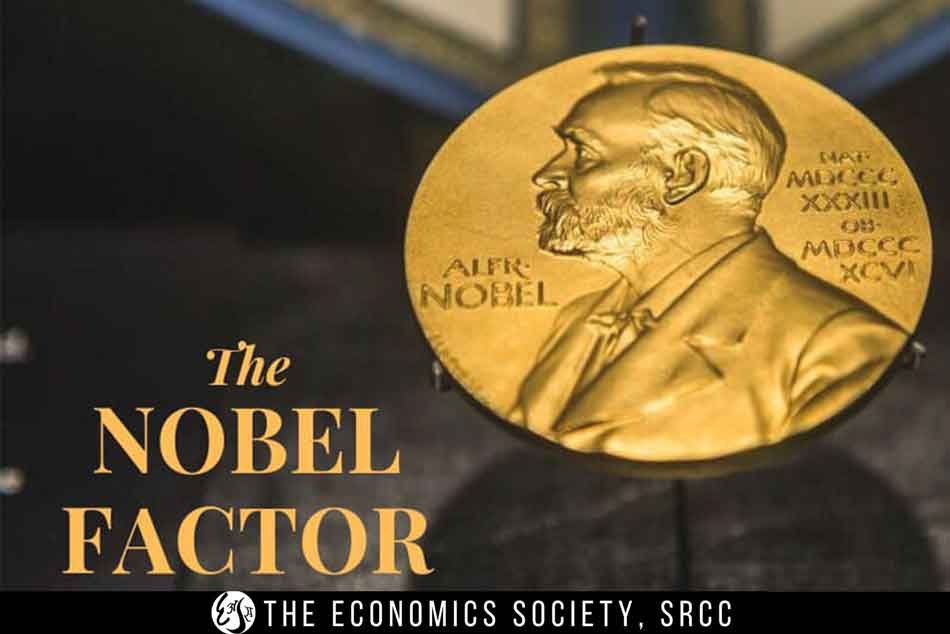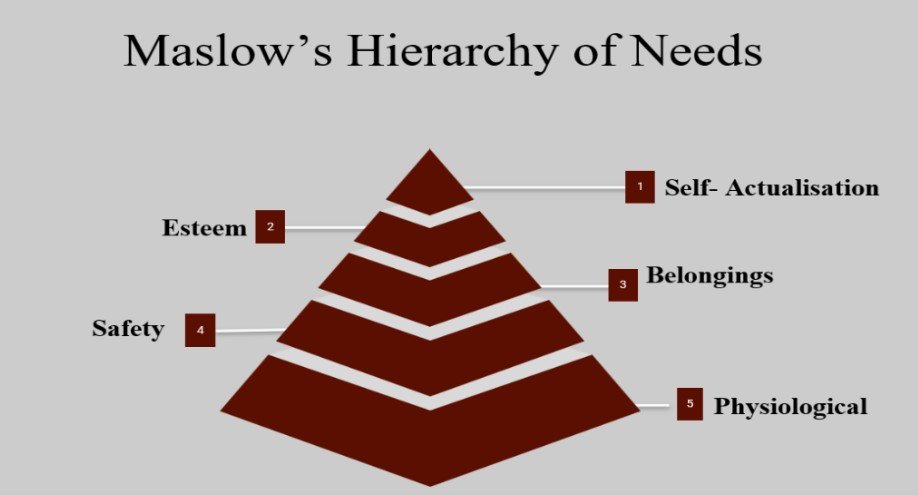(Book review of Offer, Avner and Gabriel Söderberg, The Nobel Factor: The Prize in Economics, Social Democracy and the Market Turn, Princeton University Press, Princeton 2016.) Since 1969 there has been a so called Nobel Economics Prize. It is not a normal Nobel Prize established by Alfred Nobel but rather a prize reminding us of the 300 year existence of the Central Bank in Sweden. The correct name is “The Bank of Sweden Prize in Economic Sciences in Memory of Alfred Nobel”. The history of this prize, how it came about and its development over the years with Laureates and their achievements is now presented by two scholars in Economic History, Avner Offer and Gabriel Söderberg. Offer and Söderberg appear to be well acquainted with developments in mainstream economics and the different achievements by the winners of the prize.
However, their study is of interest mainly because they depart from neoclassical economists in their approach. Mainstream economists believe in value-neutrality (or at least behave as if they believed in value-neutrality). For Offer and Söderberg, value issues are instead at the heart of analysis. They are interested in the ideological and political role of “the Nobel Factor” over the years. Beliefs in value-neutrality suggest that the values or ideological orientations of economists are of little interest. The scholar is just looking for the truth about economic agents (households and firms), the functioning of markets and the economy as a whole. In fact this value-neutrality idea functions as a “limited responsibility” doctrine for the neoclassical economist as scholar. There is a photo or painting of Gunnar Myrdal (with his wife Alva Myrdal) on the front page of the book. Myrdal received the Bank of Sweden Prize in 1974. His first publications can be described as neoclassical but he later evolved into an institutional economist arguing for example that “values are always with us” in research and education.
Myrdal is presented – deservedly, I think – much as a hero throughout the book while another Swede, Assar Lindbeck, Chair Person for a long period of the Bank of Sweden prize committee, is depicted in less than enthusiastic terms. Myrdal, himself a Social Democrat, was sceptical of the market and economic growth fundamentalism of neoclassical theory. He emphasized a constructive role also for government in the economy. Lindbeck similarly had his background in Social Democracy but accepted and advocated more of a “market turn” in policy advice and also in the selection of Laureates. Lack of realism about assumptions (about “imaginary worlds” and “imaginary machines” to use the vocabulary of Offer and Söderberg) was not a disqualifying feature. Neoclassical economists such as Lindbeck want us to understand economics much like physics and chemistry. This is a mistake, as I see it. Economics is science in some sense but at the same time it is ideology. The Bank of Sweden Prize is therefore rather similar to the Nobel Peace Prize.
Are the candidates in addition to their scientific capabilities contributing to a better society in some sense? Since there are many ideas about a better society among economists only pluralism and democracy is a reasonable point of departure. Economics needs to be democratized. Sweden as a society is a democracy. This democracy can be further strengthened in many ways. Unfortunately, university Departments of Economics are best characterized by a close to monopoly position for neoclassical theory in education and research. And for a long period Assar Lindbeck was the single most influential person as described in the book. Economics in Sweden and also in other parts of the world has been close to a dictatorship. This situation is not necessarily very disturbing for a well-educated neoclassical economist who can readily assume that economics is characterized by value-neutrality.
In that case, realism of assumptions is not a big issue For Sweden as a scientific community and democratic society it is a considerable step forward that scholars at university Departments of Economic History are scrutinizing developments in economics. Also students of political science, management science and social psychology can mitigate the negative impacts of a neoclassical monopoly in economics. And heterodox economists of different schools can certainly contribute. One observation that follows from the reading of Offer and Söderberg’s book is that, so far, there are no winners of the prize active in the fields of climate change, and, more generally, of sustainable development. The reason may be that neoclassical theory and policy advice (with markets for pollution permits etc.) has not been very successful in relation to these issues which – according to many – are fundamental to the survival of mankind.
My advocacy for pluralism certainly includes neoclassical theory among options. According to the ‘opportunity cost principle’ also neoclassical theory should be considered. ‘Paradigm-shift’ ideas by Thomas Kuhn should be replaced by ‘paradigm co-existence’. There is plenty of room also for improvements in neoclassical theory by abandoning somewhat naïve preferences for a mathematical language, as argued by Tony Lawson. Again mathematics has a role but mathematics is a poor language in relation to some of the complex challenges now facing humanity. I hope that The Nobel Factor will be read by many and can firmly recommend the book. It is possible to find weaknesses in the arguments, for example when the authors suggest that Ricardo’s international trade theory in terms of comparative advantage is elegant and successful. This theory assumes away many complexities of the real world, such as the fact that there are competing ideological orientations and interests in each one of the trading nations. The theory of comparative advantage is as dangerous as many of the other neoclassical theories. We need to start with a different view of individuals, of organizations and markets than that of neoclassical theory. We even need a different understanding of economics as a discipline and of the economy. But this is another story.
By:Peter Söderbaum
References
Extracted from World Economics Association Newsletter 6(6),
December 2016-- http://www.worldeconomicsassociation.org/files/Issue6-6.pdf




